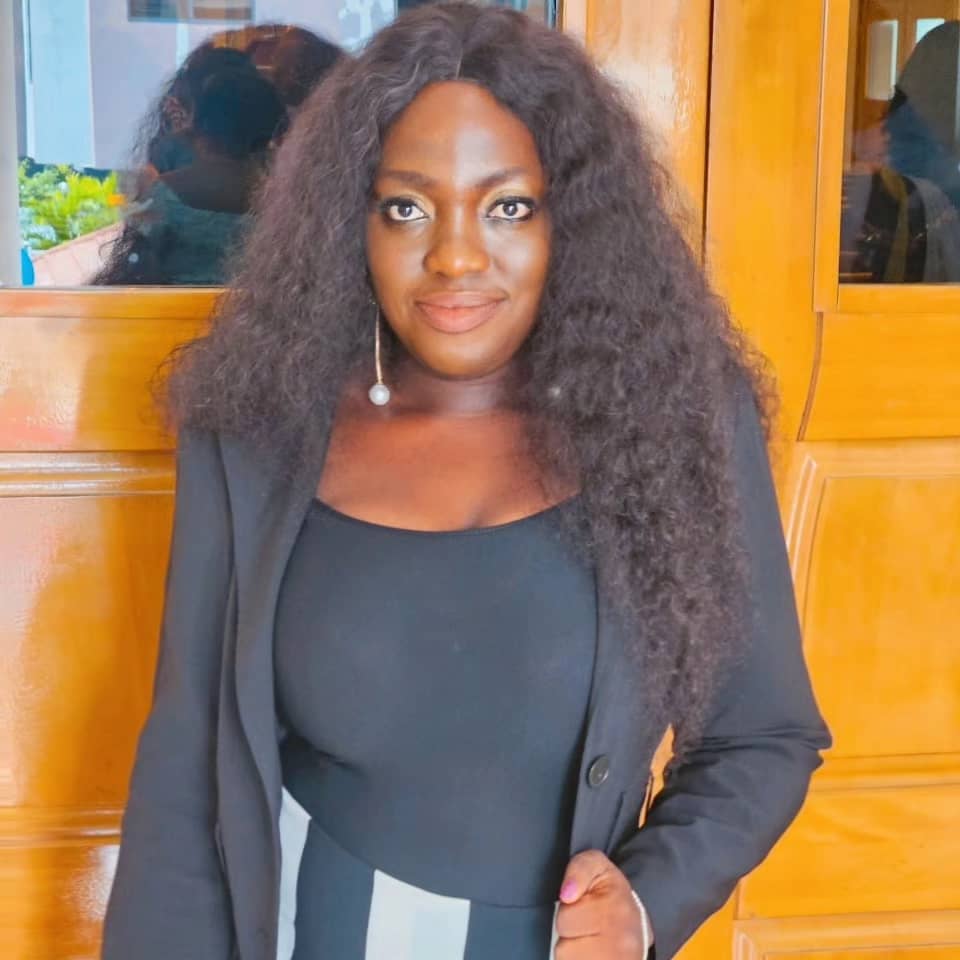It’s no longer rocket science that planet earth is under threat thanks to climate change or as it’s alternatively known, global warming.
Global warming is largely caused by the emission of greenhouse gases like Carbon Dioxide from the burning of fossil fuels like coal, petrol oil, natural gas, hydrocarbons, methane and others into the atmosphere. The continuous practice of emitting these gases has a direct impact on the quality of air human and animal life breathe. It also has an impact on plant life which produces the oxygen needed for human and animal life to exist on earth.
Above all, it is gradually depleting the ozone layer that protects the earth from the dangerous ultraviolet rays from the sun.
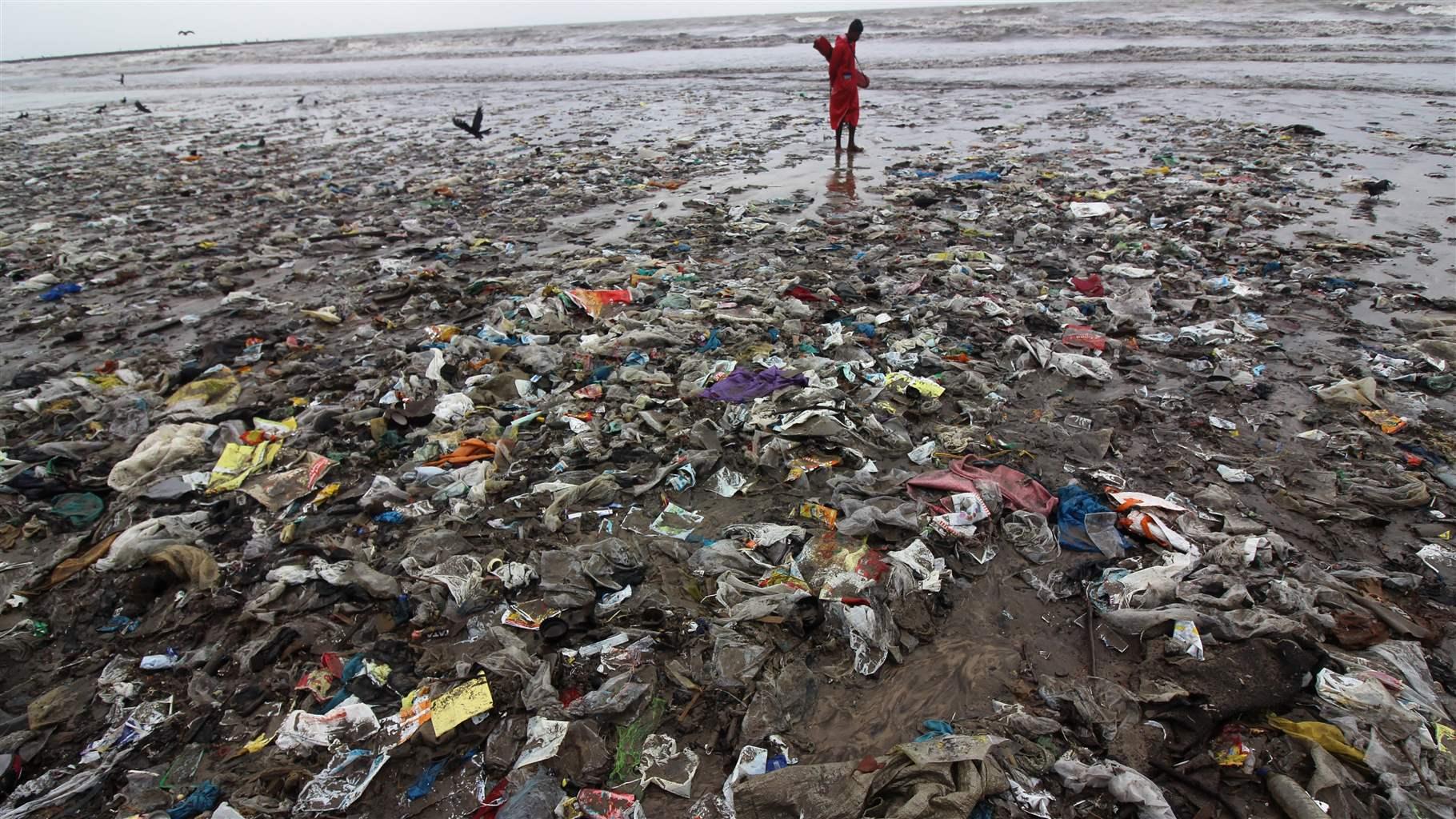
To save the earth from environmental catastrophe, nations of the world are taking initiatives to reduce or eliminate the use of fossil fuels where needed and rather adopt more environmentally friendly approaches to producing and consuming energy.
Regardless of this scary picture that puts every life form on earth in danger, many are not taking it seriously, especially in the developing part of the world such as Nigeria.
Indeed, it is very common to see vehicles emitting huge amounts of smoke and they go unpunished for such. Also, it’s common practice to see waste materials such as paper, plastics, rubber and clothing get burnt in huge piles of refuse.
This is a terrible attitude towards protecting the already fragile global environment. It’s even more ironic that Nigeria is a signatory to the Paris Agreement which aims to drastically cut down on greenhouse gases by 2050. How is that possible when there’s no concrete policy in action?

There are however some Nigerians taking the bold step in doing what’s needed to protect the environment. One of them is Chimuanya Ihebuzor, a former banker-turned-successful entrepreneur, who uses waste products to make handcrafts and fashion accessories like fascinators, bling earrings made from recycled metal, bedazzled flip-flops made from condemned tyres, embellished bridal rechargeable hand fans and hand fans made from remnants of Ankara materials used for aso-ebi.
A graduate of Mass Communication and Media Technology, from Lead City University, Ibadan, Chimuanya runs a thriving home-based business called Icraftnstyle.ng which has been in operation since 2018.
Chimuanya was doing well as a banker and could have gone higher up the ladder in that lucrative industry. She however had to leave for a higher calling which she admits wasn’t easy at all.
“In all honesty, that was a difficult decision and outcome knowing I got the job almost on a platter,” she said.
“Most people I know resign from banking because of stress. The truth is I was actually enjoying the job. Maybe because it was customer service it made me interface and interact with a wide range of customers which is like an extension of Mass Communication.
“After a certain time, I was converted to Marketing, Oh yes!!! That was when I started understanding that my persuasion and convincing skills were weak and it affected my appraisal so much, so it was either I resigned or a termination was hitting the corner. I had to humbly resign. Not easy at all.”
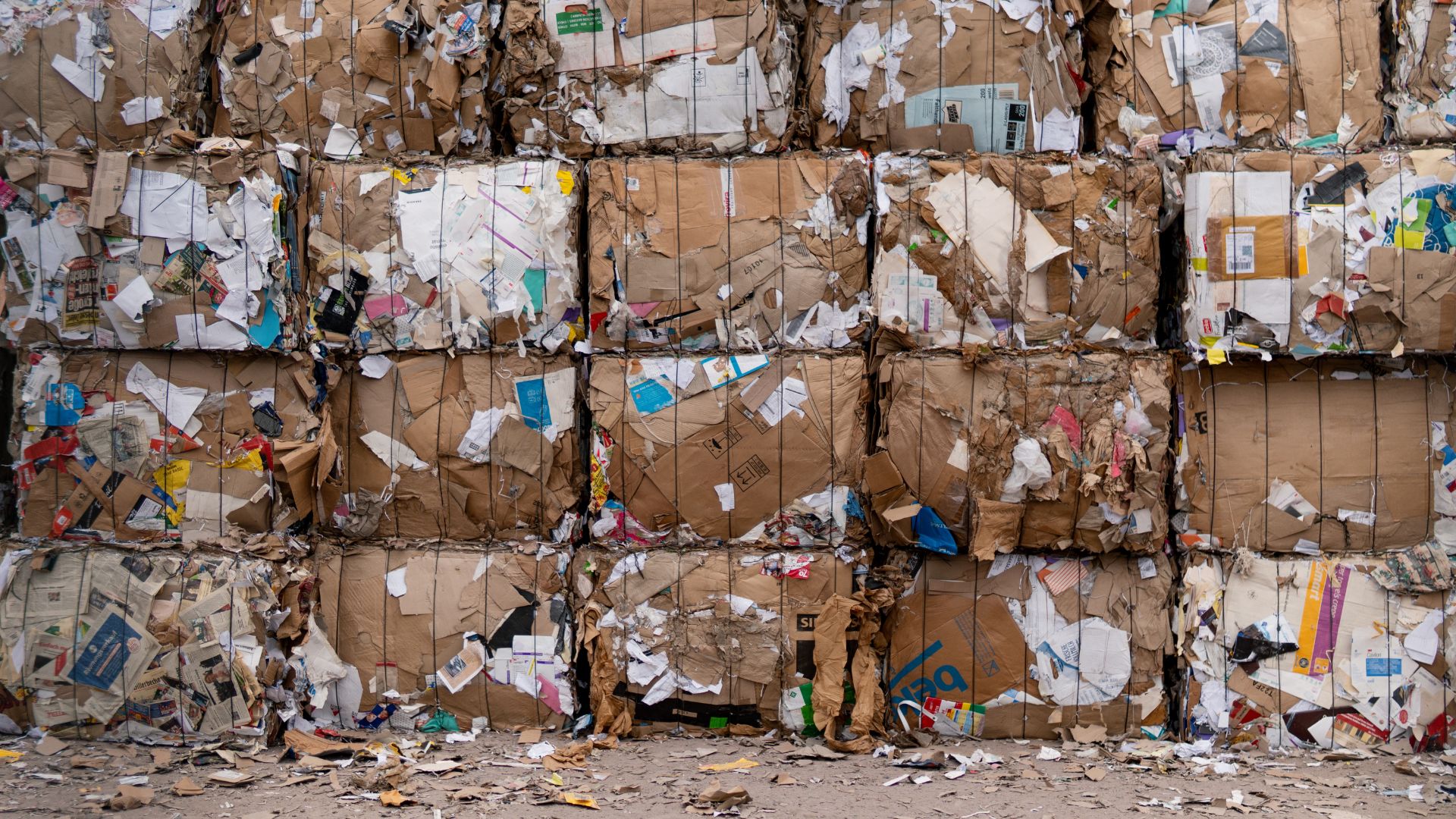
Taking the decision to quit a well-paying job is usually not received with joy because a good job is hard to come by in this part of the world. All manner of criticisms will flow left, right and centre from family to friends, religious affiliations, closed circles and other groups one has interactions with. Chimuanya certainly got a lot of stick and still does five years on, but she does not regret her decision.
“Oh! most definitely I did [face challenges]. I still do and the reason is I resigned from inability to persuade and convince prospects to meet my targets, but here I am today doing a business that requires me to mostly convince people to buy into what my brand creates and sells,” she continued.
“So sometimes I just think to myself, if I was a little more patient I probably would have risen to a managerial level by now. On the other hand, resignation actually opened up inherent skills I never thought I had. Before if someone had told me I would start a business talk-less of running it, I would have just given the person a laugh, because I was trained to be strictly career-driven.
“This is why I tell some parents I know to not only send their children to school with the aim of only getting a job, they should also try to equip them with skills or encourage them to do things that bring out talents so they can always have backup things to bounce back to if issues arise, they never know.
“Another challenge is coming to terms with the reality that every month end a certain alert isn’t hitting my account again like before. That can be hard knowing how unbalanced entrepreneurship is especially in our dear country.”
Chimuanya asserts her business kicked off pretty well thanks to some trainings she had, but like all entrepreneurial journeys, there were struggles.
“Yes, I started well because I started with fascinators which I learnt in Surulere at the time and social media really helped,” she explained.
“Then it opened up the need to diversify because I usually think “What happens when this particular trend goes out of style since I have discovered I can create things with my hand?”.
“So, I try to expand my horizons to learning more and to increase my sources of inspiration. I have grown to love and have pride seeing people wear my creations knowing it’s from recycled materials or value-added work on things that are considered basic.
“The struggles, yes there is the challenge of finance, there is the struggle of initial acceptance, the struggle of visibility because I know the things my brand creates have a lot of potentials not just locally but internationally too.
“Lastly, the challenge of always changing strategies due to inconsistent policies or suppliers not having an idea of the intended creations.”
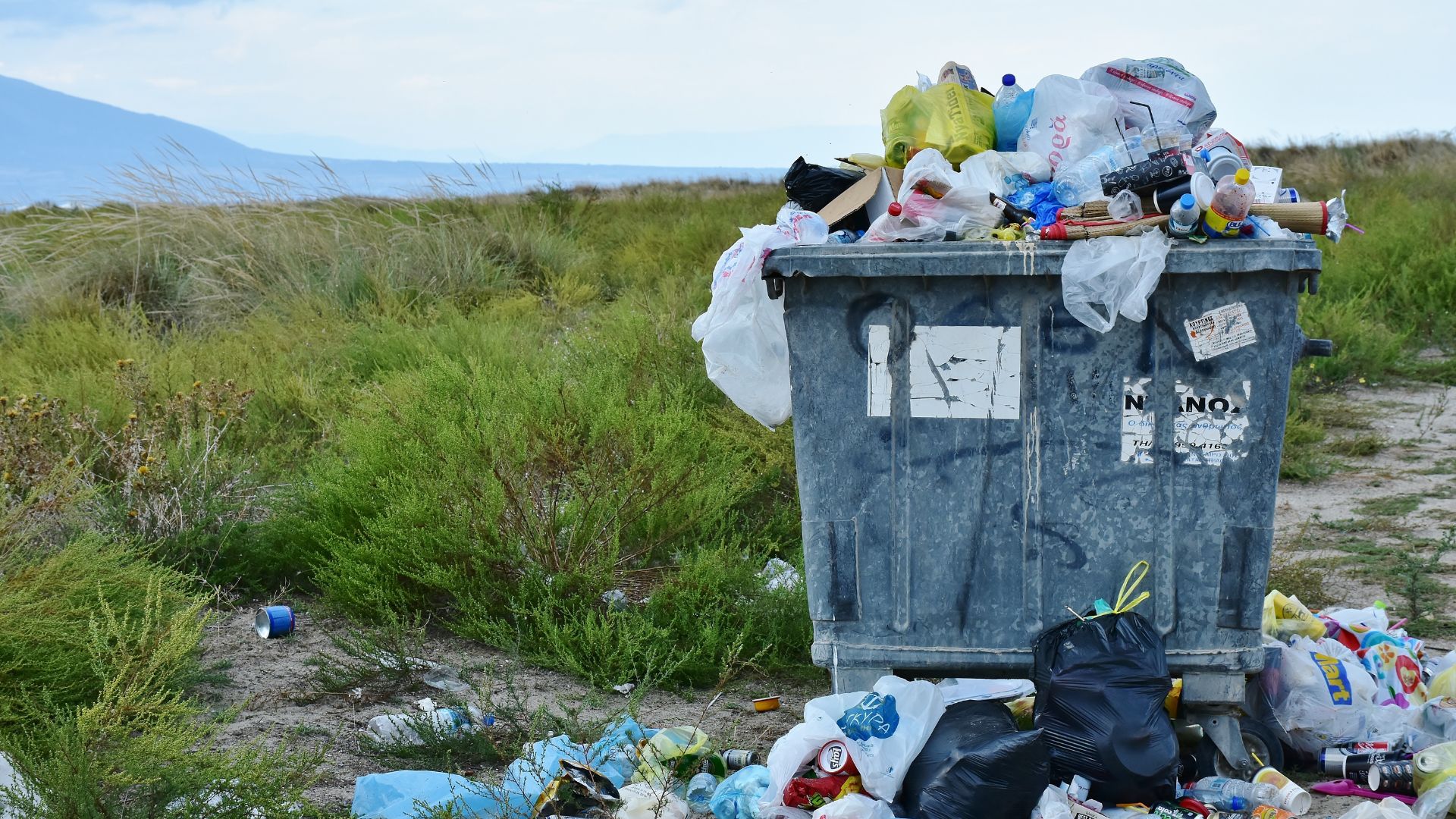
Chimuanya goes on to share insights on what fuelled her drive for recycling while admitting that adding value to a recycled product isn’t as cheap as some think.
“It’s actually a television production that gave me insight into the world of recycling generally,” she narrated.
“This made me start reading how other countries are using it to create revenue, make their cities neater, create ecotourism, increase the value chain and create employment.
“Adding value to a recycled material isn’t even cheap. For example, if I recycle Ankara, I need to buy other materials to add value to it so, same thing with metal, thread, cardboard and co.”
As stated earlier, recycling isn’t taken seriously in Nigeria and Chimuanya suggests more awareness needs to be created about it. She also wants it to be inculcated into the Nigerian school curriculum. That way children are taught early on why it’s important to conserve the environment.
“Sadly, the real things that are truly beneficial to the society and country are not taken seriously here,” she stated.
“You ask a random supposed educated person about conservation and they seem lost, talking about recycling then seems like one is mentioning one very strange word. That shows a lot has to be done in creating awareness on the subject from the foundation.
“It’s not just about government holding seminars and conferences on recycling, conservation or Value-Added Advantage products, it’s about government adding it to the curriculum such that a child sees something and immediately starts thinking of what he/she can create from it before trashing it.
“It’s about parents teaching their wards how to use technology to find out what other children are doing on the subject of recycling in other countries like Japan, Singapore, Kenya, Rwanda.
“Also, getting involved in recycling is not just about creating wealth, it’s also about overall hygiene and reducing some environmental hazards and you see yourself unconsciously to preserve the earth by partaking in one activity or the other that involves recycling because it’s a broad area. Some countries have even used it to come out of economic crisis.”
When quizzed on why Chimuanya has a flair for handcrafts even as a graduate of Mass Communication, she had this to say:
“Well, it’s handcrafting, it does not require you to study anything in the university, it’s just something you grow fond of and keep practising. The application of what I studied in the university is now what makes the difference.
“How do I craft? Where do I get materials? What will I craft that people can buy into? Who will buy the finished products? How will I market them? When will I be in business more? And so on are the communication strategies that Mass Communication gives to the business.
“Plus, the feedback from customers. Most importantly, how do I use the power of media to reach the audience? Mass communication isn’t just journalism, broadcasting, editing and all.”
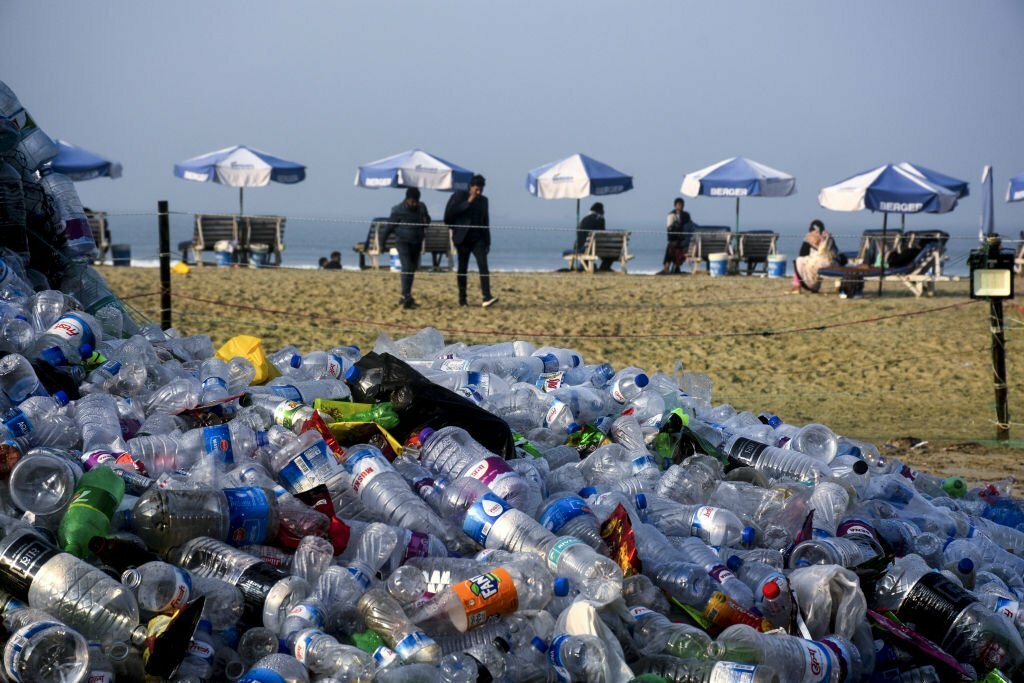
Chimuanya is pleased with how far her business has grown. She operates from her home in Lagos and is demonstrating how successful such a model can be as against critics who think it can’t.
The ex-banker and Mass Communication graduate also believes she is changing the narrative for vocational skills as she is training young women the art of using recycled materials to create beautiful products.
“Icraftnstyle is now a thriving home-based business despite odds that many think home-based businesses can’t and won’t work in a country like ours,” she said.
“I have many young women from social media platforms I use now coming to partner with me either to resell whatever we create, or learn how to create themselves from things they would have thrown away thereby creating a small recycling culture in a small circle.
“I also like how I am changing the narrative of vocational skills. The norm for vocations is usually cooking, hairdressing, tailoring, carpentry. Not that these aren’t good, they are, but we should also open our eyes to other opportunities that makes us think out of the box and be unique.”
There are Nigerians in the workplace who have a flair for making something out of a skill. They want to leave their jobs but are undecided on what to do. For this category of people, Chimuanya has this final piece of advice.
“I won’t advise them to quit a source of steady income until they are very sure the other source(s) which is fuelled by passion is certain to bring steady income on the long run or they can diversify well enough to fill up the vacuum in the times of challenges like I do,” she concluded.
“I also write, and give trainings. It is not as rosy as social media platforms paint them to be so one has to be very sure. Best deal is to run the business of passion on the side along the main job. Nigeria is so filled with uncertainties. If one is certain and thinks they can go ahead backed up with support, fine they should go ahead, the sky is the starting point.
“I also advise young people like myself to adopt the organic approach. That way, they understand and appreciate progressive baby growth, not just entering something because you want to blow.”
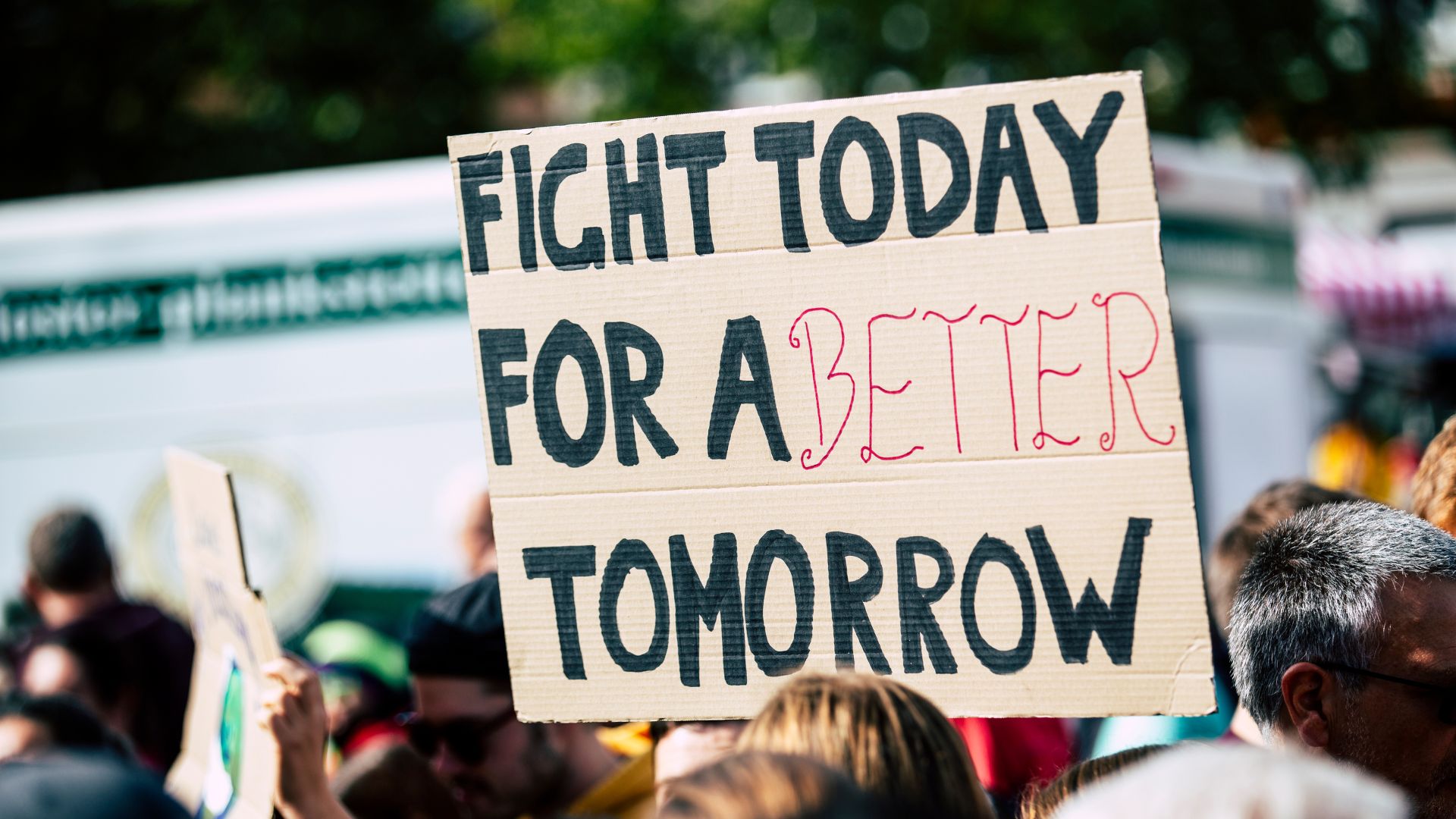
It’s clear global warming is a threat to human existence and action needs to be taken seriously. People like Chimuanya need to be commended for the initiatives they are taking in changing the narratives.
She’s building an army of people who see value in protecting the earth by recycling. It’s the hope that more follow suit thereby causing a domino effect that changes attitude on a much larger scale.
The time to act is now and not later. Do what’s right to protect the earth if you want if you want to live a quality life.
_________________________________________________
Originally written in Pulse Nigeria on October 26, 2021, titled: ‘How a thriving young Nigerian entrepreneur is using waste to earn a living and save the environment’

